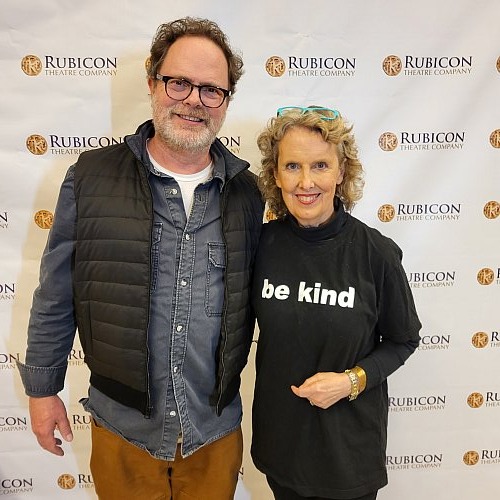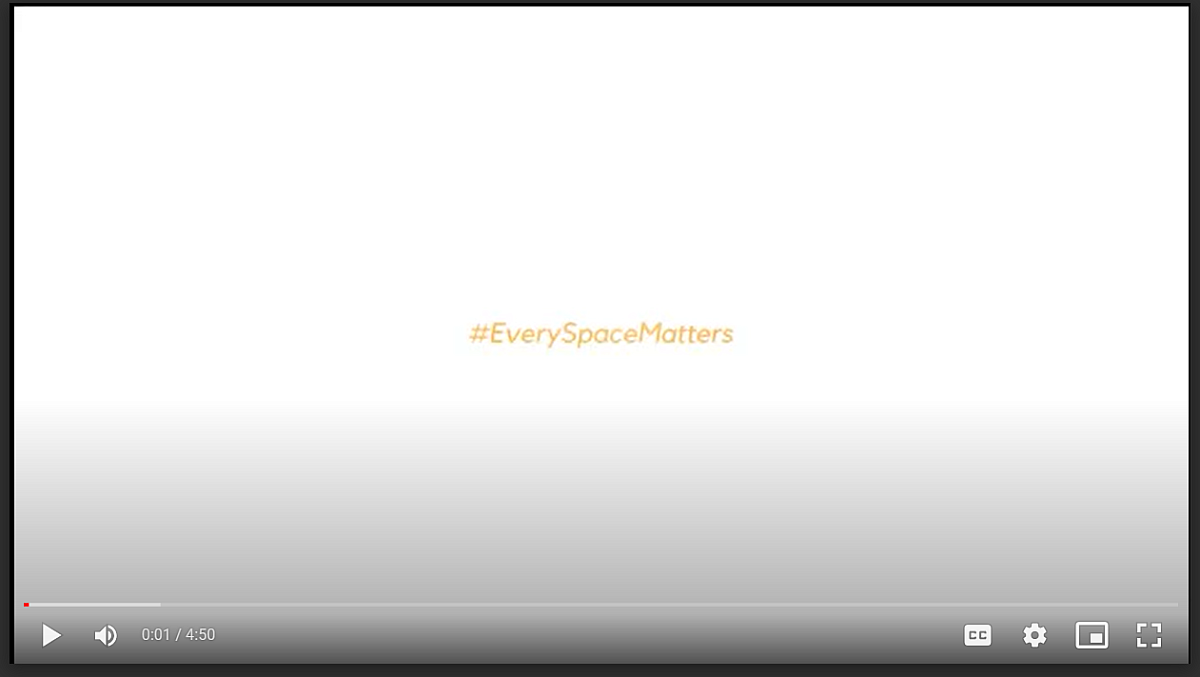|
Dec 2, 2023
KarunaNews: Finding Healing Through Baking

Cake Therapy, a nonprofit founded in 2019, uses baking to provide a therapeutic outlet for girls and young women who have experienced personal trauma or been impacted by the justice system, foster system, out-of-home placement, or juvenile detention centers. Minneapolis-based Cake Therapy offers a safe space for those seeking alternatives to traditional therapy or a creative outlet. “There is a huge role for any art form to be included in any form of therapy for people to regain what has been lost,” said CEO and co-founder Altreisha Foster, who’s originally from Jamaica. “We need to be a little bit more open-minded about what we’re doing in terms of how we’re responding to trauma.” She helped found Cake Therapy when she saw the benefits of baking firsthand after suffering from postpartum depression following the birth of her second child. Earlier this year, she published a book, Cake Therapy: How Baking Changed My Life.
Read more here.
|
|
Nov 29, 2023
Our own Bonnie Rose hosted Rainn Wilson at her church in Ventura ... go Bonnie!

|
|
Nov 25, 2023

In the heart of urban landscapes where towering skyscrapers cast shadows over theoverlooked corners of society, there exists a transformative initiative known as "UPAYA" – a beacon of innovation, functionality, creativity, and sustainability. Amidst the bustling cities and the sprawling slums, a passionate team led by Diksha Pilania, in collaboration with Vanvaasi and Saws & Beans, has embarked on a remarkable journey. Their mission: to redefine the way we perceive living spaces. With a profound belief in the power of design to uplift lives, UPAYA represents more than just a project; it embodies a vision to empower the underserved.
Through ingenious transformations, thoughtful interventions, and a community-driven approach, UPAYA is reshaping the narrative of slum dwellings, offering dignity, comfort, and hope where it is needed the most. The significance of UPAYA within interior design lies in its response to a pivotal question: "Can designers enhance the living conditions of slum residents without displacing them?" This inquiry challenges traditional paradigms, focusing on social justice and inclusive development, often neglected in design for marginalized populations.
See a short documentary on the project here.
|
|
Nov 24, 2023
 Today's DailyGood: Kinship is a Verb Today's DailyGood: Kinship is a Verb
"In thinking about kinship, I think its important to begin with, What are the boundaries of our kin? We can go way internal and microscopic, down to the nerves that actually inform our brain more than our brain informs our bodies, right down to the microbes, not only managing our health but informing our way of being and interacting with the world. Then [we can go] all the way out, right to our own families, to the human and greater-than-human world, out to the cosmosthe fact that were made of stardust, right? Kinship reaches very far." John Hausdoerffer, Robin Wall Kimmerer, and Gavin Van Horn, are the coeditors of the five-volume series 'Kinship: Belonging in a World of Relations.' More in this conversation between the trio. [Read more ...]
|
|
Nov 23, 2023
KarunaNews: If You Practice Gratitude, Your Children Can Benefit, Too

|
|
Nov 22, 2023
More than 80 heartivists from varied sectors of Austrian society came together to build a field at the intersection of inner transformation and external impact.
Take a look at some of these visuals, courtesy of Manuel ...
Go Vienna!
|
|
Nov 22, 2023
KarunaNews: Kenyans Get Tree-planting Holiday To Plant 100 Million Seedlings
Kenyans have been given a special holiday to plant 100 million trees as part of the government's goal to help fight climate change by planting 15 billion trees in 10 years. Each Kenyan is being encouraged to plant at least two seedlings. The government has provided seedlings for free at its forest agency centers for planting in designated public areas and made available 150 million seedlings in public nurseries but has also encouraged Kenyans to buy at least two seedlings to plant on their own land. The Jaza Miti app allows individuals and organizations to record the species, number and date planted, and will help people match the site and appropriate species. Environment Minister Soipan Tuya expects that 500 million trees will have been planted by the end of the rainy season in December.
Read the full story here.

|
|
Nov 21, 2023
KarunaNews: Euclid's First Images: The Dazzling Edge Of Darkness

|
|
Nov 20, 2023
 Today's DailyGood: Jennifer Bichanich: Rising from the Ashes Today's DailyGood: Jennifer Bichanich: Rising from the Ashes
In this deeply moving episode, Fill to Capacity podcast host Pat Benincasa speaks with writer and life coach Jennifer Bichanich. Jennifer opens a window on her experiences with profound loss, including losing her beloved husband when the church they were remodeling went up in flames. Despite immense grief and despair, Jennifer found ways to rebuild her life and discover her own creative resilience. Working with a shamanic energy healer, delving into art therapy, and joining the Modern Widows Club, she found community, healing and the possibility of creating something beautiful from the ashes of her life. The following conversation explores themes of grief, healing, and the power of creativity in navigating through difficult times. [Read more ...]
|
|
Nov 19, 2023
Siliguri (India) hosts Karma Kitchen!
A smile-inducing update from Sunita in Northern India: "Just got home after the very first Karma Kitchen in Siliguri and it was a huge success. Hearts opened, guests were taken aback and everyone soaked in the beautiful energy. Truly auspicious and enjoyable."
You can watch some of the beautiful moments that emerged below:
|







